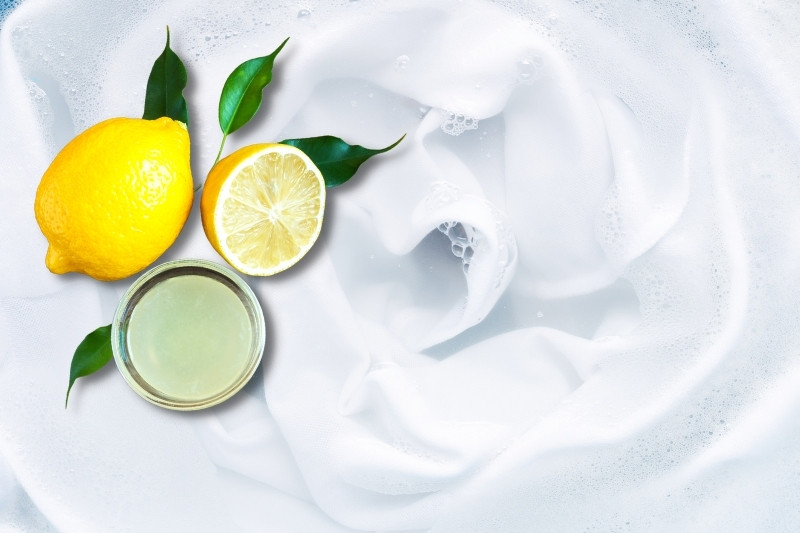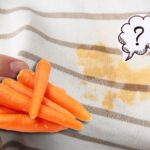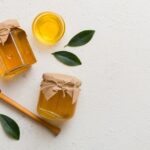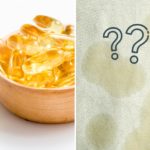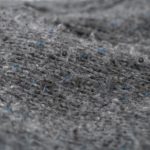Lemons are a household ingredient that can be used for far more than just adding that extra flavour to your meals or as a garnish for your drinks. They are also the perfect environmentally friendly stain remover!
Lemon juice contains high levels of citric acid, which naturally breaks down stains, making it a perfect ingredient to use when you want to add that extra brightness back into your white clothes when they’re looking a little dull.
Soaking Clothes in Lemon Juice
One way to whiten clothes with lemon juice is to combine a one part lemon juice with two parts boiled water. Then simply add your white garments into the solution while the water is still piping hot and soak them overnight, or for at least an hour if you have time constraints.
How to Tackle Tougher Stains with Lemon Juice
If you have a few white garments that have more stubborn stains that are not lifting in a simple lemon-powered soak, then there are a few other things to try.
Rust Stains
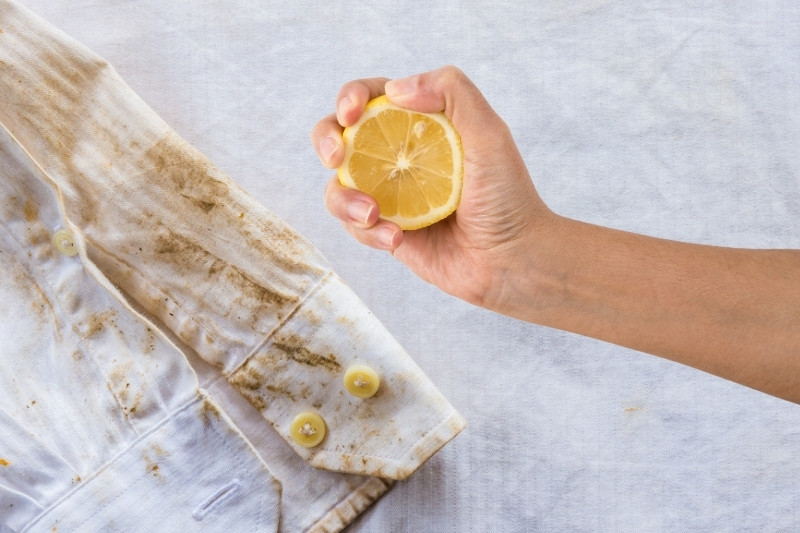
Rust stains are one of the hardest stains to remove from clothes, and bleach is largely ineffective in eradicating this type of stain.
The best way to remove a pesky rust stain is to utilise both lemon juice and steam. Boil your kettle and while you’re waiting for it to boil, cut a lemon in half and use the juice to fully soak the entire area where the stain is.
When the kettle has finished boiling, hold the lemon-saturated rust stain over the steam until it has warmed up the whole area and the rust has had time to loosen.
Finally, add the garment to your washing machine and run it through your usual cycle with your favourite detergent.
Alternatively, if the steam doesn’t loosen the rust stain, cover it with lemon juice again before rubbing salt into the lemon juice and working it into the stain until you start to see results.
Sauce or grass
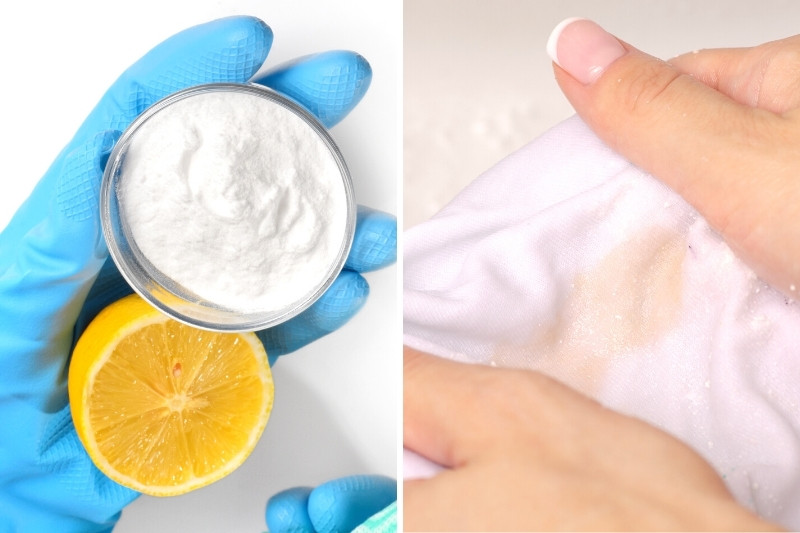
When the stain comes from food or an accidental spill onto the grass, there’s a different method to try. You will also need to utilise bicarbonate of soda for this method.
First, grab your bicarbonate of soda and use a tablespoon of the powder to cover the entirety of the offending stain. Next, slice a lemon in half and use the juice to entirely cover the bicarbonate of soda, ensuring the fabric becomes fully saturated.
Then leave the mixture to rest for 15 to 30 minutes before you rinse it out with warm water.
Sweat stains
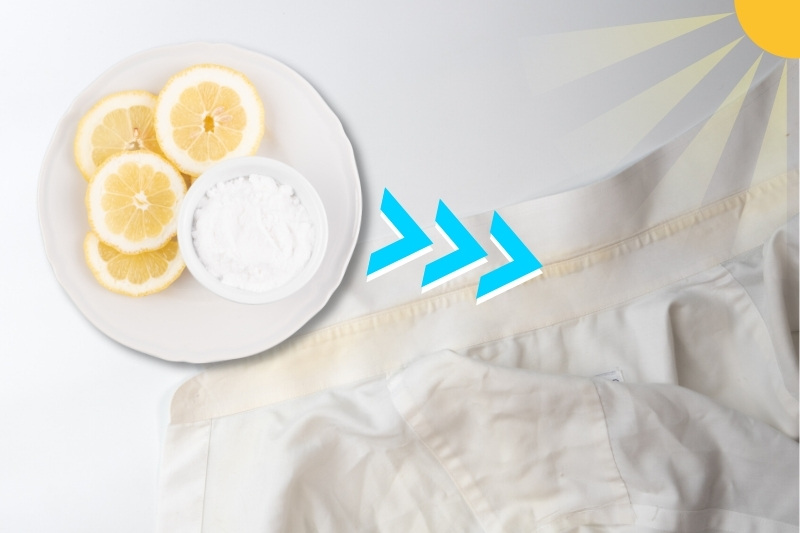
Lemon juice can be particularly effective for yellowish stains that can often appear on white clothing, especially in areas that we sweat more, such as under the arms or around the collar.
The best way to remove these stains would be to saturate the stained area with fresh lemon juice and then place the garment in a sunny spot and leave for as long as possible.
However, in the UK the sun is not often a guarantee, so add some bicarbonate of soda to the mix as well and leave to soak for an hour or two. Then rinse the garment and run it through your machine’s wash cycle as usual.
Is Lemon Juice Worth It as a Common Household Stain Remover?
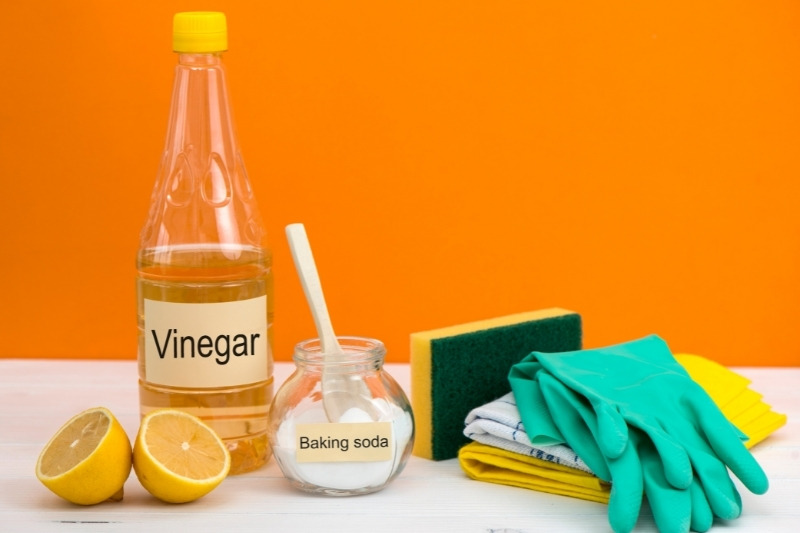
While lemon juice is a successful bleach alternative, it remains about equal to bicarbonate of soda and vinegar when it comes to using common household ingredients as cleaning products.
Bicarbonate of soda and vinegar are also both a little more accessible and quicker to use when you’re in a rush as cutting and squeezing several lemons can be a time consuming and somewhat messy task.
It is also slightly more expensive to keep a constant stock of lemons, whereas having a tub of bicarbonate of soda or a bottle of vinegar is both affordable and easy.
Conclusion
Lemon juice is a highly effective stain remover and bleach alternative and can be counted on to come to the rescue when you’re in a bind and need a quick stain removing solution.
It can efficiently remove rust stains, sweat stains, and a number of other stubborn stains from your white clothes and it will leave them with a citrusy fresh scent as an added bonus.
It’s not always the most cost-efficient method, but it is reliable when you need it. Just remember not to use this method directly on coloured fabrics as it could cause colours to fade.

An adventurous book lover with an animal obsession and a proclivity for travel and spontaneity. Used to passionately despise cleaning but has grown to enjoy it thanks to learning all the best tricks and shortcuts to guaranteeing a stress-free routine and a spotless home.
